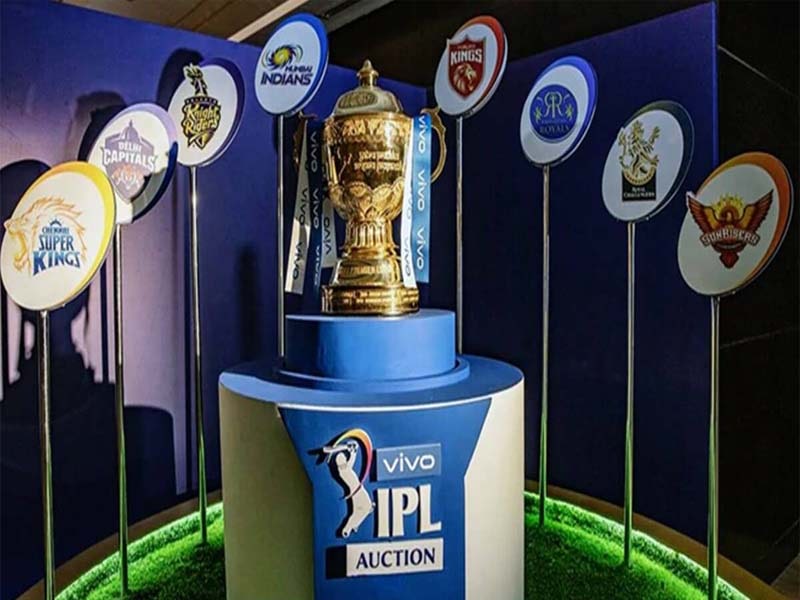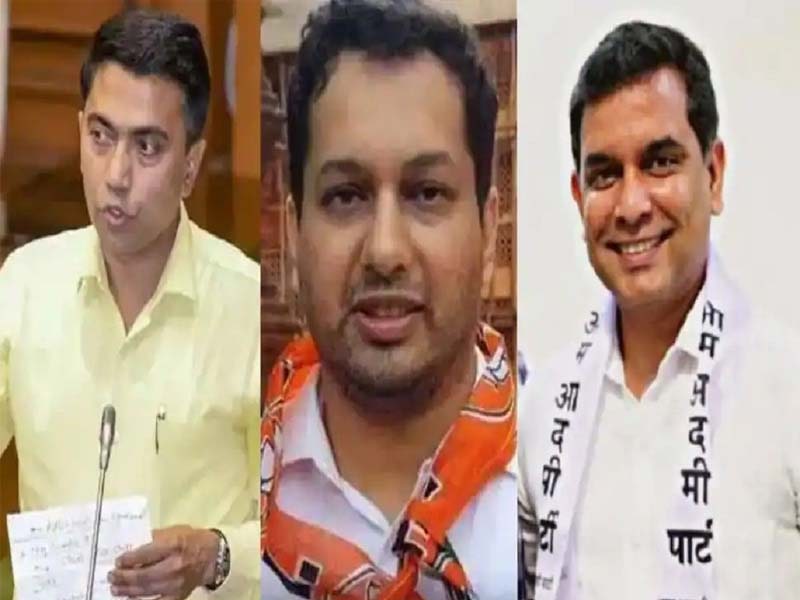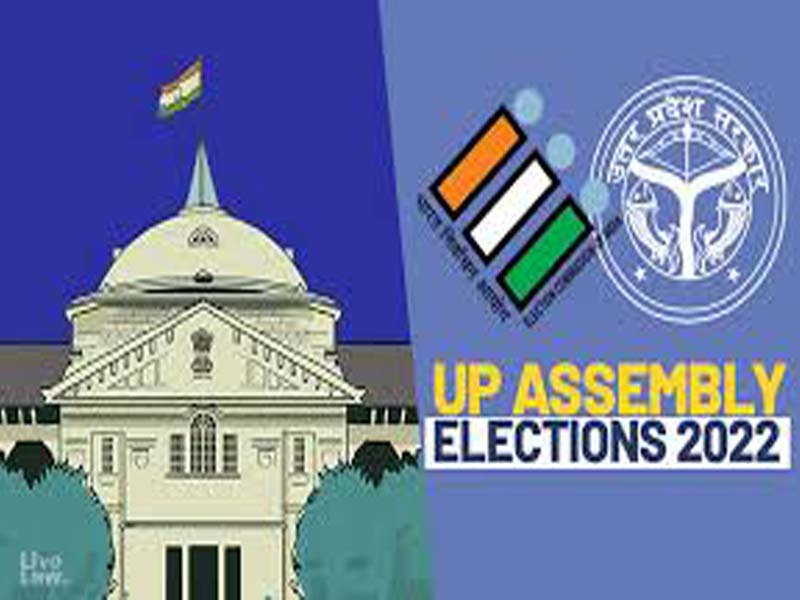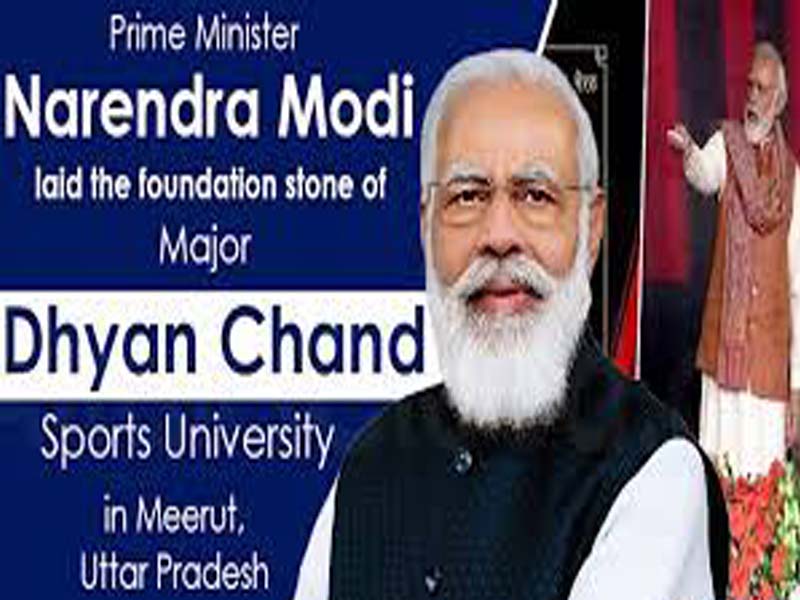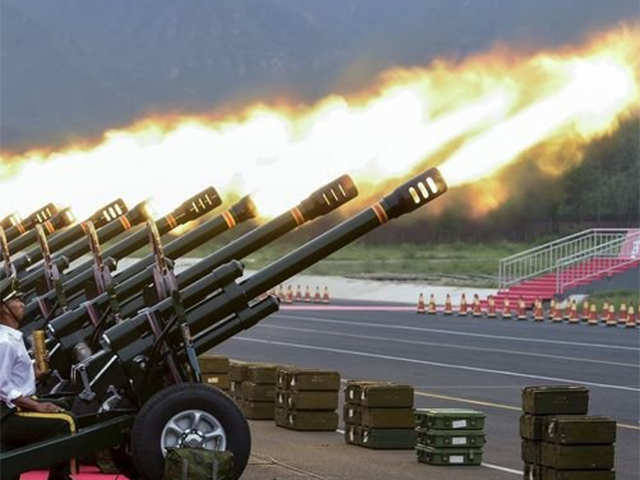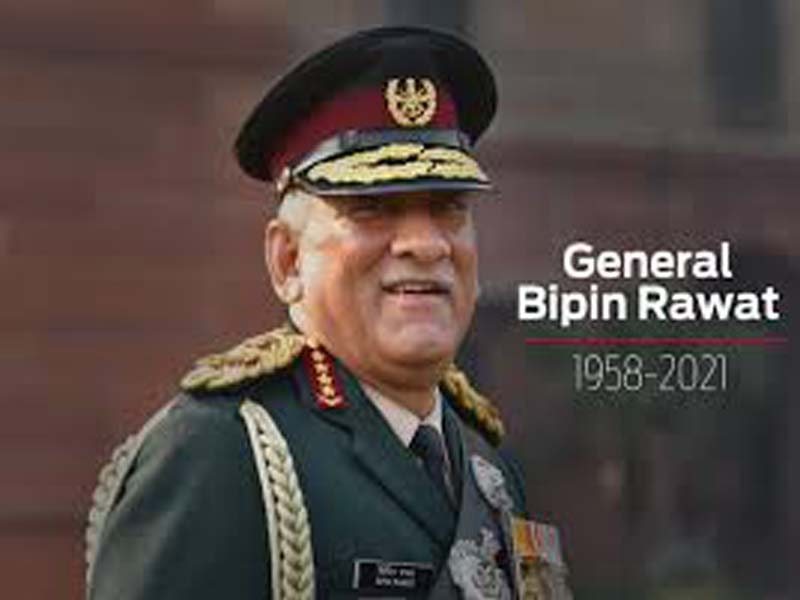PEGASUS AND RIGHT TO PRIVACY
(By Rakesh Agarwal)
Introduction:
Pegasus Spyware leak has created global headlines including in India. The opposition parties in India are not allowing the Monsoon session of the Parliament to run. Disruptions have become normal and the Presiding officers of both the Houses are forced to adjourn the proceeding since the beginning of the session.
The BJP partners in NDA are also demanding complete investigation and discussion in Parliament on it. A PIL filed by senior journalist N Ram and another before the Supreme Court for protection of privacy and freedom of speech is pending orders.
What is Pegasus Software?
Pegasus is software developed by an Israeli firm ‘NSO Group Technologies. It can be covertly installed on mobile phones (and other devices) running most versions of iOS and Android. Pegasus exploitation was identified in August 2016, capable of reading text messages, tracking calls, collecting passwords, location tracking, accessing the target device’s microphone and camera, and harvesting information from apps. However, the company states that it provides “authorized governments with technology that helps them combat terror and crime.”
On August 23, 2020, the Israeli newspaper HaaretzandinDecember 2020, the Al Jazeera newspaper found that Pegasus spyware software was sold to the United Arab Emirates, the other Gulf States, and Israel for surveillance of anti-regime activists, journalists, and political leaders from rival nations. In July 2021, widespread media coverage along with an in-depth analysis by human rights group Amnesty International uncovered that Pegasus was still being widely used against high-profile targets.
India and Pegasus:
In late 2019, Facebook initiated legal action against NSO, claiming that Pegasus had been used to intercept the WhatsApp communications of a number of activists, journalists, and bureaucrats in India, leading to accusations that the Indian government was involved.
Phone numbers of Indian ministers, opposition leaders, ex-election commissioners, and journalists were allegedly found on a database of NSO hacking targets by Project Pegasus in 2021. Independent digital forensic analysis conducted on 10 Indian phones whose numbers were present in the data showed signs of either an attempted or successful Pegasus hack.
It was also reported that the Indian government used Pegasus to spy on Pakistan Prime Minister Imran Khan and diplomats from Iran, Afghanistan, China, Nepal, and Saudi Arabia. The cause of uproar is that the software is sold to government agencies only and not to any private firms or individuals.
Though the contract is usually not signed directly between the NSO Group and a government agency to minimize the risk of exposure. It is signed between two front companies on behalf of both parties, but the contract identifies the government agency as the end-user. It doesn’t allow a change in the end-user nor the transfer of the services and technology to another party.
Pegasus and the Laws:
Surveillance is legal in India under defined procedures but hacking is not and this makes the use of Pegasus illegal.
- Article 21 of the Constitution states, “No person shall be deprived of his life or personal liberty except according to a procedure established by law.” Thus, it secures two rights: Right to life and Right to personal liberty.
- Article 12 of Universal Declaration of Human Rights (1948).
- Article 17 of International Covenant on Civil and Political Rights. India is party to it.
- Article 8 of European Convention on Human Rights.
All these charters protect the right to privacy of an individual. A 7-Judge Bench of the Supreme Court in Maneka Gandhi vs Union of India (1978) held that personal liberty in Article 21 covers a variety of rights and some of them have been given additional protection under Article 19.
The Supreme Court in PUCL vs Union of India (1996) affirmed that telephone tapping infringed the fundamental right to privacy and created safeguards against arbitrariness in the exercise of the state’s surveillance powers.
The culmination of this case was a sensational allegation by Chandra Shekhar in 1990, (before he became the Prime Minister) leveled against the V.P. Singh-led government that it was illegally tapping the telephones of 27 politicians, including his own. The Court laid down certain procedural safeguards for exercising powers under Sec. 5(2) of the Indian Telegraph Act.
Conclusion:
The right to privacy is an essential component of the right to life and personal liberty in a democratic State. The Constitution also guarantees it under Article21 and the Supreme Court has affirmed it in its numerous judgments. Though it’s not an absolute right. Reasonable restrictions can be imposed on it.
However, there is no specific law on it. the information Technology Act, 2000 and Information Technology (Reasonable Security Practices and Procedures and Sensitive Personal Data or Information) Rules, 2011 wherein sections 43A and 72A of the Act are related to data protection.
There has been no thorough investigation in India in the past in such cases due to the lack of specific laws, which are need of the hour. Till then, disruptions of the Parliament sessions and hullaballoo is waste of tax payer’s money.


